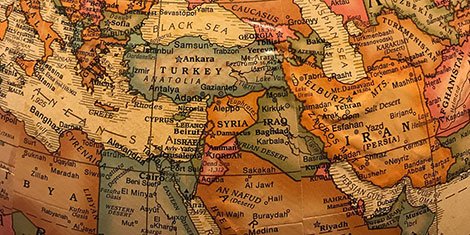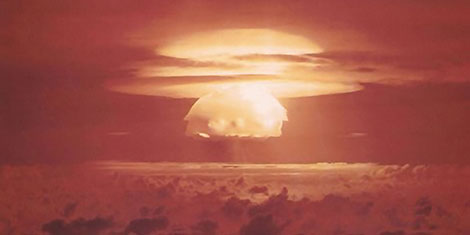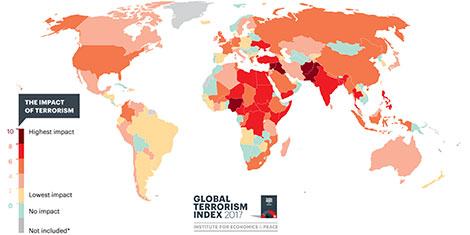
This article was originally published by the Foreign Policy Research Institute (FPRI) on 27 November 2017.
The possible creation of a new geopolitical reality in the Middle East may have snuck under the radar this holiday weekend. The continuing spectacle of the investigations into Russia’s possible involvement in the 2016 Election and the continued naming and shaming of corporate leaders and politicians involved in sexual harassment (as well as Thanksgiving), may have overshadowed the summit in Sochi between the Presidents of Russia, Turkey, and Iran, shortly after Syrian President Bashar al-Assad visited President Putin in the same city (and thanked him for “saving Syria”).




